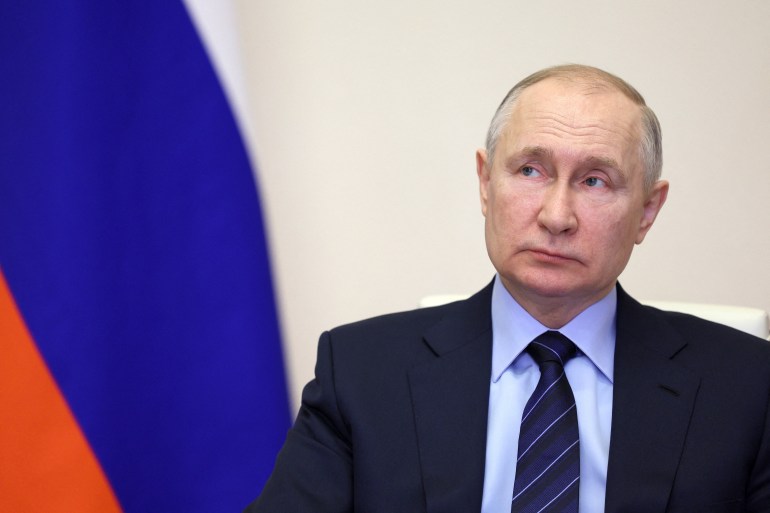Since Russia invaded Ukraine, Moscow has cracked down on opposition voices, sentencing several to lengthy jail times.
A Moscow court has ordered the arrest of prominent film producer Alexander Rodnyansky and theatre director Ivan Vyrypaev for “spreading false information” about the Russian army.
The initial court hearings against Rodnyansky and Vyrypaev were held on April 27, but not reported by the court until Wednesday.
According to the court’s press service, Rodnyansky and Vyrypaev, who are outside Russia, will be placed in custody if Russian authorities manage to detain them or get them extradited.
Russia’s Interior Ministry additionally put Vyrypaev on the federal wanted list.
Kyiv-born Rodnyansky has been among the most influential figures in Russian cinema in recent decades.
He left Russia after the start of the country’s full-scale invasion of Ukraine in February 2022 and has repeatedly spoken openly against the war. In October 2022, Russia’s Justice Ministry declared Rodnyansky a “foreign agent”.
Popular playwright, director and actor Vyrypaev has been living and working in Warsaw for several years and has also spoken in opposition to the Russian invasion of Ukraine.
Also on Wednesday, a Moscow court handed opposition figure and anti-war activist Mikhail Krieger a seven-year prison sentence.

Krieger was arrested in November on charges of justifying terrorism and inciting hatred with the threat of violence, relating to social media posts from 2020 in which he praised the organisers of attacks at Federal Security Service buildings and referred to Russian President Vladimir Putin’s hanging. Prosecutors on Tuesday requested a nine-year sentence.
In court, just prior to his sentencing, Krieger said that he was being prosecuted for his “anti-war and now openly pro-Ukrainian position”.
Since Putin sent troops into Ukraine in February 2022, the government has waged a crackdown on dissent unseen since the Soviet era.
The Kremlin’s sweeping campaign of repression has criminalised criticism of the war.
In addition to fines and jail sentences, those accused have been fired, blacklisted, branded as “foreign agents” or have fled Russia.


